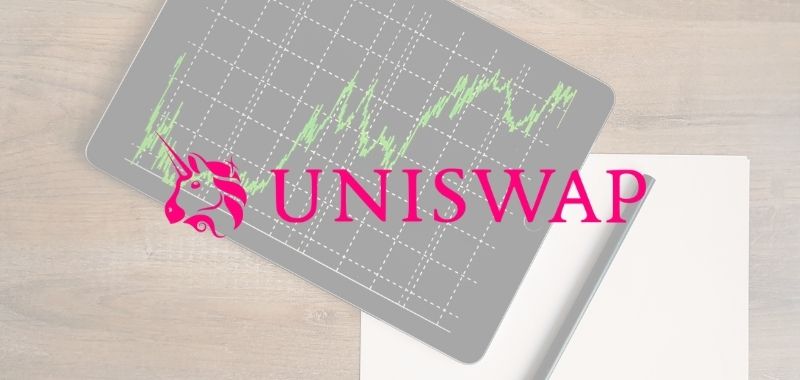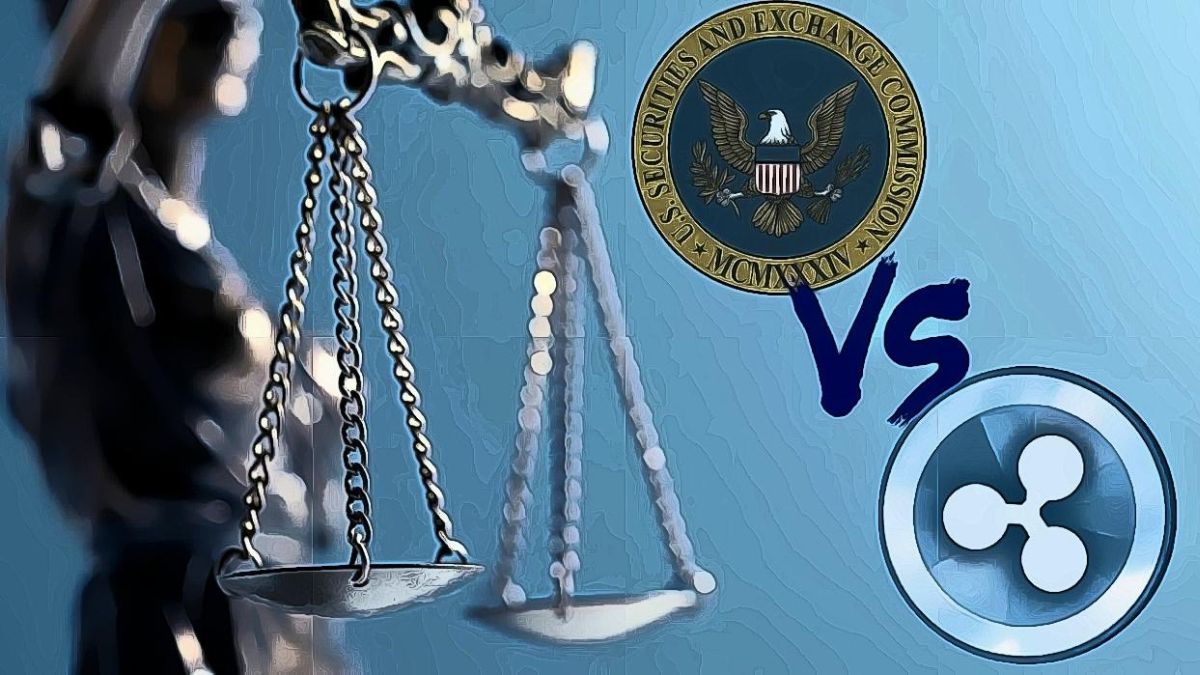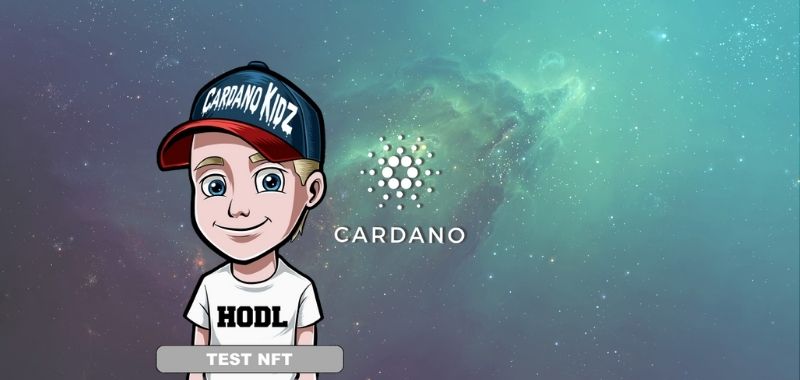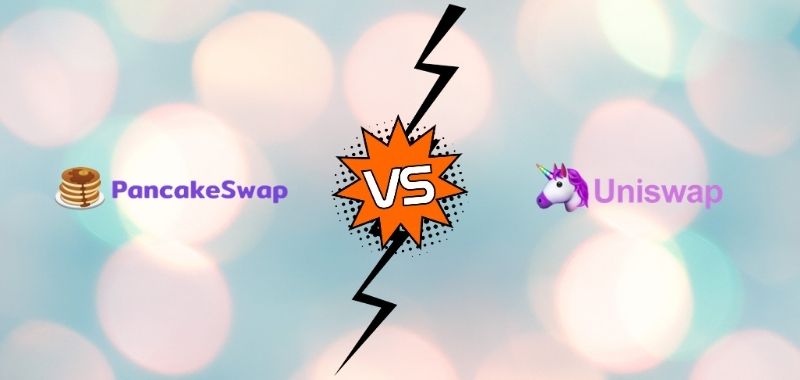DeFi News
Orion Protocol and COTI team up to increase DeFi market liquidity and drive adoption

It seems that there is no stopping the current rise of decentralized finance (DeFi). Following its surge in popularity in 2020, billions of dollars have been locked on various DeFi platforms and more use cases for DeFi are being revealed every day. This has given rise to a number of very successful DeFi platforms which seem to be expanding by the day.
One of the latest comes from the Orion Protocol, a popular DeFi provider, which has announced a new partnership with COTI on March 8, 2021. This new partnership is in a bid to increase liquidity and drive adoption.
COTI and Orion Protocol
As per the official announcement, both parties will work to offer benefits to the other. Orion Protocol will offer liquidity to the COTI network which will be done via COTI-X. On the other hand, COTI will offer greater accessibility through COTI Pay to the Orion Protocol.
Additionally, COTI will take on the Orion Protocol as a COTI Pay Merchant. This will involve the provision of a fiat onramp to Orion Terminal which will be facilitated via the integration of the Orion Protocol’s native token, the ORN token into COTI’s fiat wallet, and payment gateway. The use of COTI Pay means that users can process virtually all payment types, including offline payments. Payments will also be enabled in crypto, stable coins, credit cards, and ORN itself.
Those who use the Orion Terminal will enjoy a number of benefits including buyer-seller protections, no fees for FX transactions, and fast transactions. With this new partnership, more capacities of the ORN token can be unlocked such as cashback rewards, loyalty points, and the ability to borrow or lend money using the Celsius Network that is integrated into the COTI platform.
The ORN token is at the center of the Orion Protocol, offering over 17 revenue streams as of 2021. The Protocol itself consists of a number of features such as enterprise solutions for exchanges, blockchains, and various crypto projects. One of the most important features of the ecosystem, however, is the COTI-X.
This acts like the instant settlement layer for the COTI network and is powered by COTI-X liquidity pools. Thanks to the Orion Liquidity Boost Plugin, the COTI-X can access liquidity from any source within the crypto market, both centralized and decentralized. This is immensely important in this ecosystem as it facilitates greater liquidity, spreads around the currencies in the COTI network, and will be instrumental in its growth.
According to Orion Protocol CEO Alexey Koloskov:
“An internet-scale payment network requires internet-scale liquidity. Providing endless liquidity from across the entire crypto market to the COTI network will bring immense value to their infrastructure, enabling tight spreads on all currencies within the COTI ecosystem. Meanwhile, every transaction on the COTI network via this liquidity will add to Orion’s Daily Protocol Volume – increasing rewards for ORN stakers”.
The protocol itself is built on the most advanced liquidity aggregator in existence and successfully aggregates the liquidity of virtually every crypto exchange in the world into a single decentralized place. As a bottleneck to the larger crypto world, traders can leverage the Orion Protocol to access the liquidity of various trading platforms such as CEXs, DEXs, and swap pools.
DeFi News
UK updates its tax policies on DeFI and Staking loans

The UK’s tax authority, Majesty’s Revenue and Customs (HMRC), released an update to its guidance on Wednesday, reported Bloomberg.
The new policy provides a series of “guiding principles” that act as general guidance in determining whether DeFi-related return or participation should be classified as income or capital gain.
How loan returns or staking is taxed depends on whether it is considered capital or income, however determining this can be a complex task. In the post, the HMRC admitted about this difficulty:
Token lending/staking via Decentralized Finance (DeFi) is a constantly evolving area, so it is not possible to establish all the circumstances in which a lender/liquidity provider makes a return on their activities and the nature of that performance. Instead, some guiding principles are established.
New policy to tax DeFi and staking
The latest guide sets out four distinct points designed to make it easier for people to determine the nature of their tax. Firstly, if the return received by the lender or liquidity provider is known “at the time the agreement is made”. If known, it would indicate a revenue receipt, but if unknown, it would indicate a capital receipt.
Second, if the return is realized through the disposal of a capital asset, it qualifies as capital. Conversely, if the borrower, or the DeFi lending platform, pays the yield to the lender/liquidity provider, the yield should be classified as income.
Third, the regulator indicated that lump-sum payments are “more likely” to qualify as principal; while recurring payments are “more likely” to be in the nature of revenue. Finally, the HMRC mentions the loan period as another variable that determines the nature of the repayment, everything will depend on whether it is “fixed or indefinite, short or long term”, he said.
The document presents some examples of how users can determine the nature of their loan return or participation. For example, if the return amount has already been agreed upon, say 5% per annum, it will most likely be a revenue receipt, the regulator said. On the other hand, if the income is “unknown and speculative”, it is probably a capital receipt.
As CoinDesk noted, the new policy is an update to previous guidance that had been published by HMRC in March 2021. According to that document, taxation of staking trades depended on whether the activity amounted to “taxable trading.” The wording closely resembled the established rules for taxing cryptocurrency mining, the outlet adds.
DeFi News
New SEC Definition Includes DeFi Exchanges

The US Securities and Exchange Commission (SEC) is interested in the fact that the definition of a stock market would now be much broader, also encompassing systems that allow buyers and sellers to communicate their interest in trading this type of asset, which which would include decentralized exchanges (DEX) such as Uniswap, PancakeSwap and many others for bringing together this type of people interested in trading digital currencies.
The measure would require platforms that meet these characteristics to register with the US Securities and Exchange Commission as securities brokers, and since decentralized exchanges would not be able to meet the demands required by this type of license, this could imply the imminent cessation of its operations throughout the United States.
More delicate than it seems
Some analysts and enthusiasts express concern about the possible repercussions this could have for the sectors associated with digital currencies.
In this regard, the DeFi sector enthusiast, Gabriel Shapiro, presented an even more delicate panorama for this type of exchange, since such a definition could also address even block explorers, such as Etherscan, precisely because they allow users to users interact with smart contracts to communicate business interests.
In this sense, it highlights that all this can be interpreted as a restriction on freedom of expression, for which it would be completely unconstitutional.
From a regulatory point of view, the SEC commissioner, Hester Peirce, also expressed her concerns and echoed some aspects mentioned above, placing special emphasis on the broad and diffuse nature of the changes proposed by the entity, which even go far beyond the scope and jurisdiction of the regulatory body.
On the other hand, Peirce criticized the fact that the interested community has very little time to read, understand and consider the proposal, which is not consistent with the implications it could have, since it would be making changes to an ecosystem that moves thousands of million dollars, which it could harm in unforeseen ways.
DeFi News
Uniswap exceeds US$500 billion in traded volume since its launch
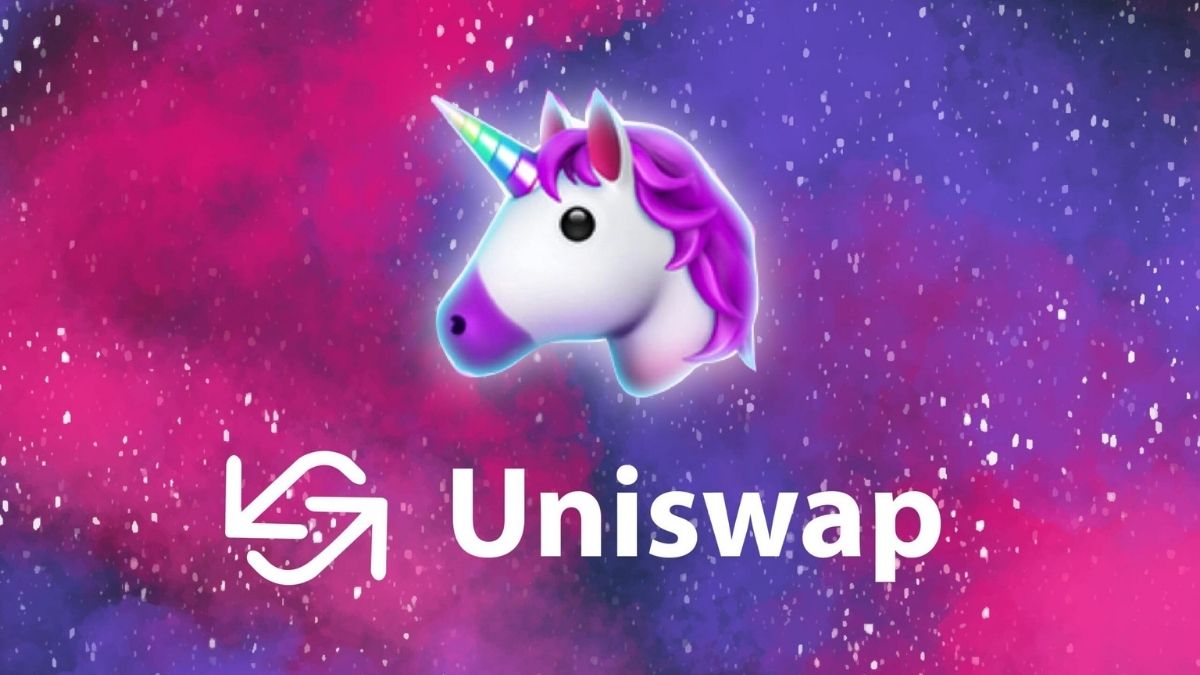
One of the best-known decentralized exchanges in the cryptocurrency market has just passed the US$500 billion transacted mark.
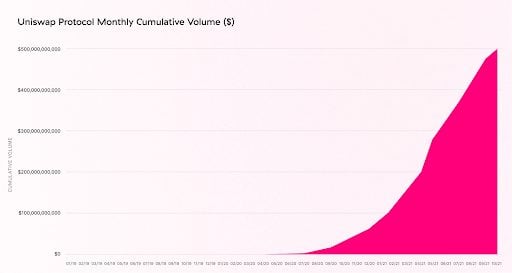
“We’re proud of the magnitude of this number, but we’re even happier knowing that millions of users have had direct access to markets they could trust were operating in their best interest.” – stated Uniswap Labs on Twitter.
About 2 billion of this volume was thanks to two scalability solutions integrated into the project:
“⚡️ $2 billion of this volume was contributed by @arbitrum and @optimismPBC deployments, which are starting to see significant traction!” – said Uniswap Labs.
Uniswap was created in November 2018, but it was conceived in 2016 by Vitalik Buterin (creator of Ethereum). With support from the Ethereum Foundation, programmer Hayden Adams made the idea come true.
Since then, the broker has not stopped growing and its UNI token is already worth 14.35 billion dollars.
With Uniswap, anyone can be an arbitrator between tokens using the blockchain, which narrows the price gap in small markets and gives incentives to balance asset prices using blockchain and centralized brokerages.
Currently, UNI is traded in several brokers in EEUU and around the world, such as Coinbase, Bitfinex and Binance US.
“We are so grateful to be together on this journey with our incredible community, and we can’t wait to hit the $1tn mark.”
-
Opinion2 years ago
XRP: FOX Business Senior Correspondent Says SEC Is Losing Its Lawsuit Against Ripple
-
Tutorials3 years ago
How to Earn, Farm and Stake CAKE on PancakeSwap with Trust Wallet
-
Altcoins News3 years ago
Projects with ongoing migration from Ethereum to Cardano
-
NFT3 years ago
CardanoKidz: The first NFTs arrive at Cardano
-
Tutorials3 years ago
How to set up a Bitcoin node: beginner’s guide
-
NFT3 years ago
SpaceBudz: new astronaut NFTs on Cardano
-
DeFi News3 years ago
Uniswap vs PancakeSwap: Full analysis
-
DeFi News3 years ago
Liqwid Finance the first DeFi project on Cardano: everything you need to know



